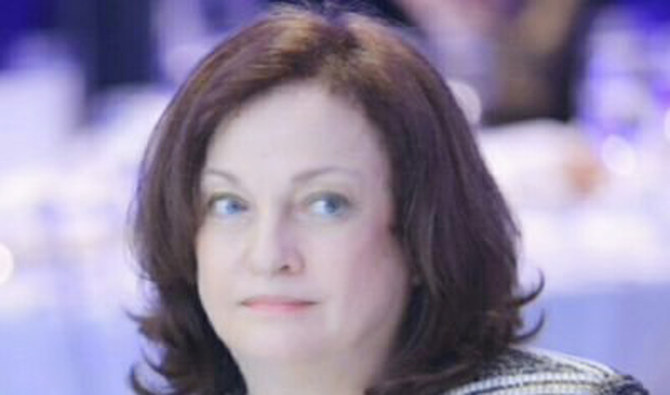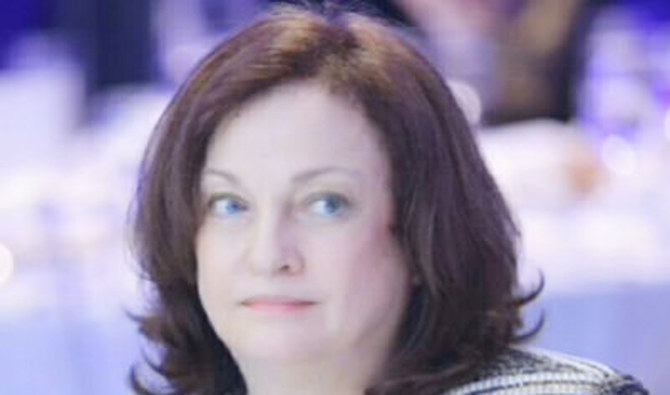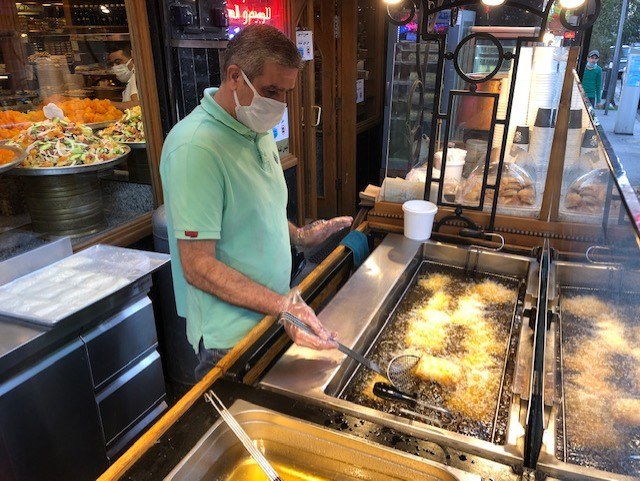
by NAJIA HOUSSARI — arabnews.com — Ghada Aoun has six criminal cases and 28 complaints against her Judge Ghada Aoun had been investigating the Mecattaf money exchange company and Societe Generale Bank for allegedly withdrawing US dollars from the market and shipping the funds abroad
BEIRUT: A Lebanese judge who defied a decision dismissing her from an investigation into possible currency export breaches was Tuesday referred to the Judicial Inspection Authority over her actions. Judge Ghada Aoun had been investigating the Mecattaf money exchange company and Societe Generale Bank for allegedly withdrawing US dollars from the market and shipping the funds abroad. She staged two raids on a currency exchange earlier this month, defying a decision from Public Prosecutor Judge Ghassan Oweidat to dismiss her from the case. There have been six criminal cases and 28 complaints filed against Aoun.
Lebanon’s Supreme Judicial Council met the judge on Tuesday, deciding to refer her to the authority and asking it to take the necessary measures. “Any investigation or judicial case will be followed up to the end by the competent judiciary whoever the judge may be and regardless of any considerations outside of the judicial framework,” the council said, emphasizing that judicial authority was exercised by all judges. “It is their responsibility to preserve and protect it, abide by their oath and not mix between their duty and issues that do not come in line with the nature of proper judicial work.” Aoun’s actions gained political traction when she was accompanied on one of the raids by supporters of the Free Patriotic Movement (FPM), the political party led by MP Gebran Bassil. A number of FPM supporters accompanied Aoun on Tuesday to the vicinity of the Justice Palace in Beirut. They waited for her on the street while she attended the council session, which lasted for 40 minutes and took place amid strict security measures taken by the army and Internal Security Forces.







